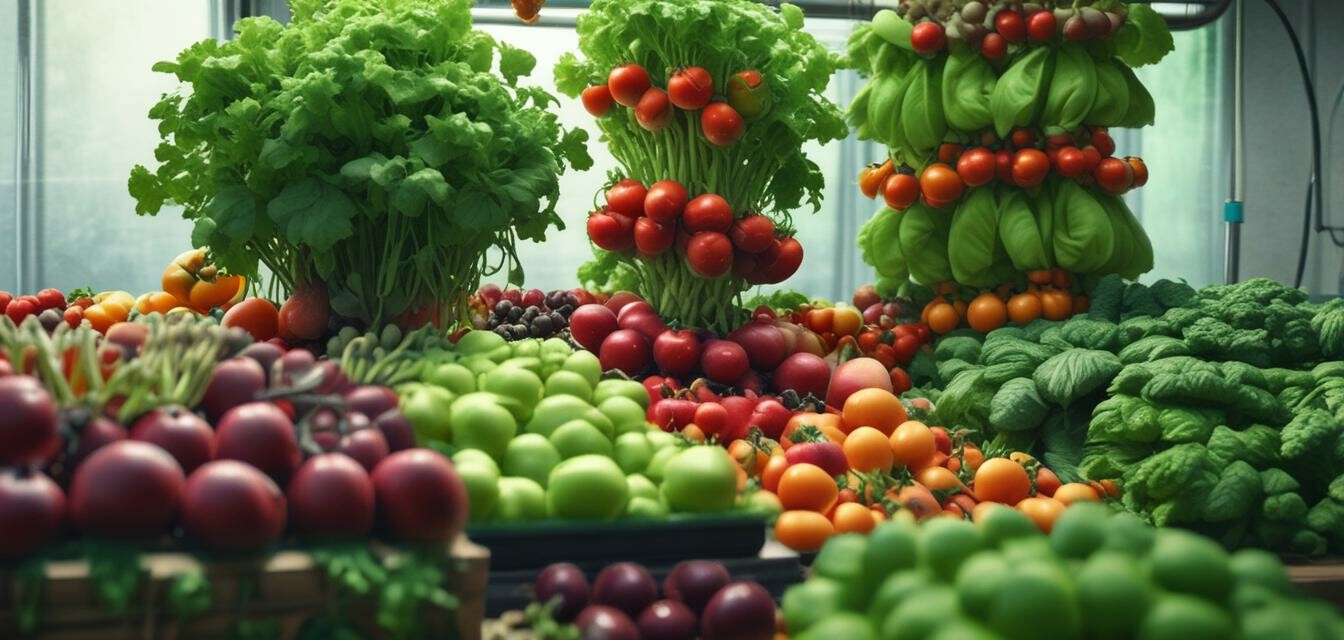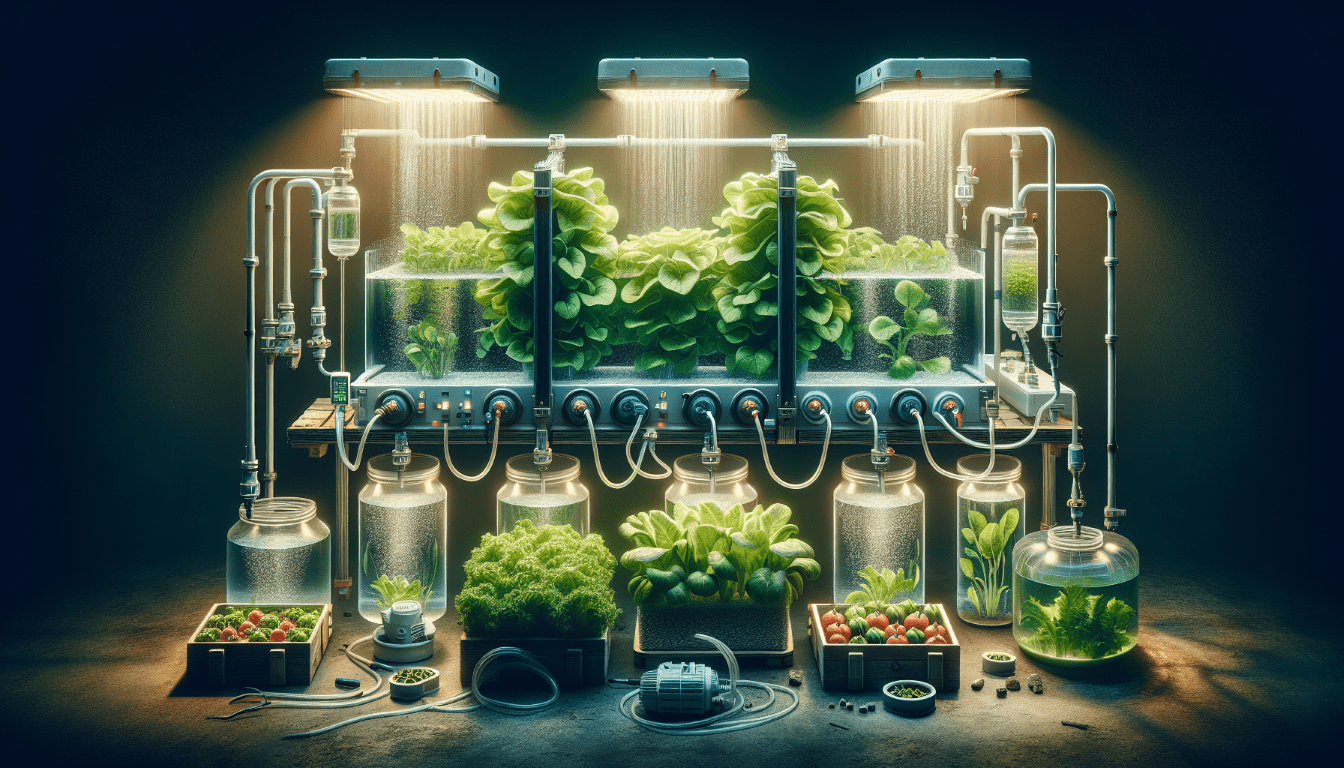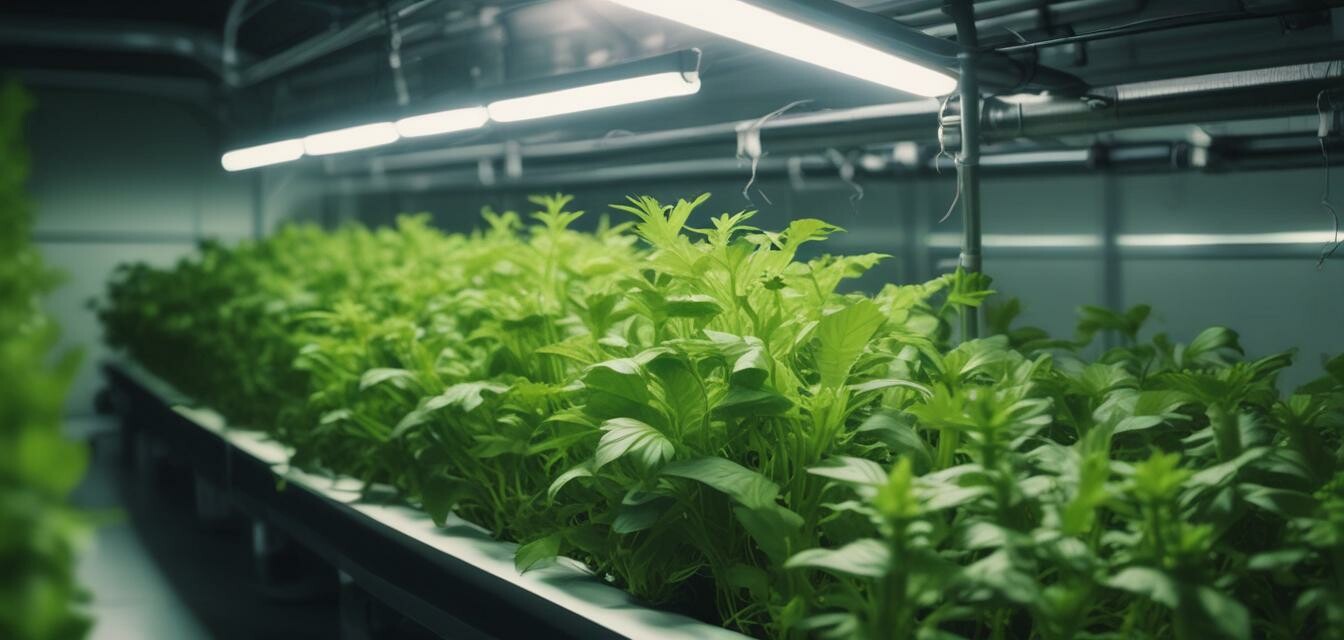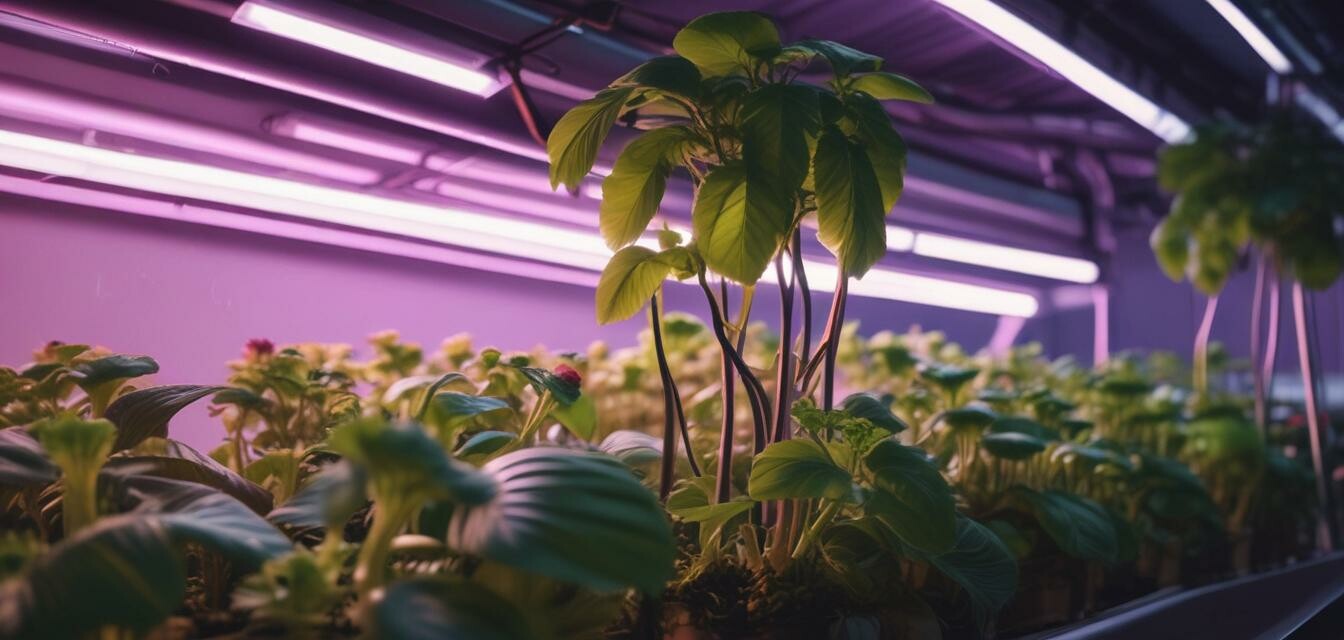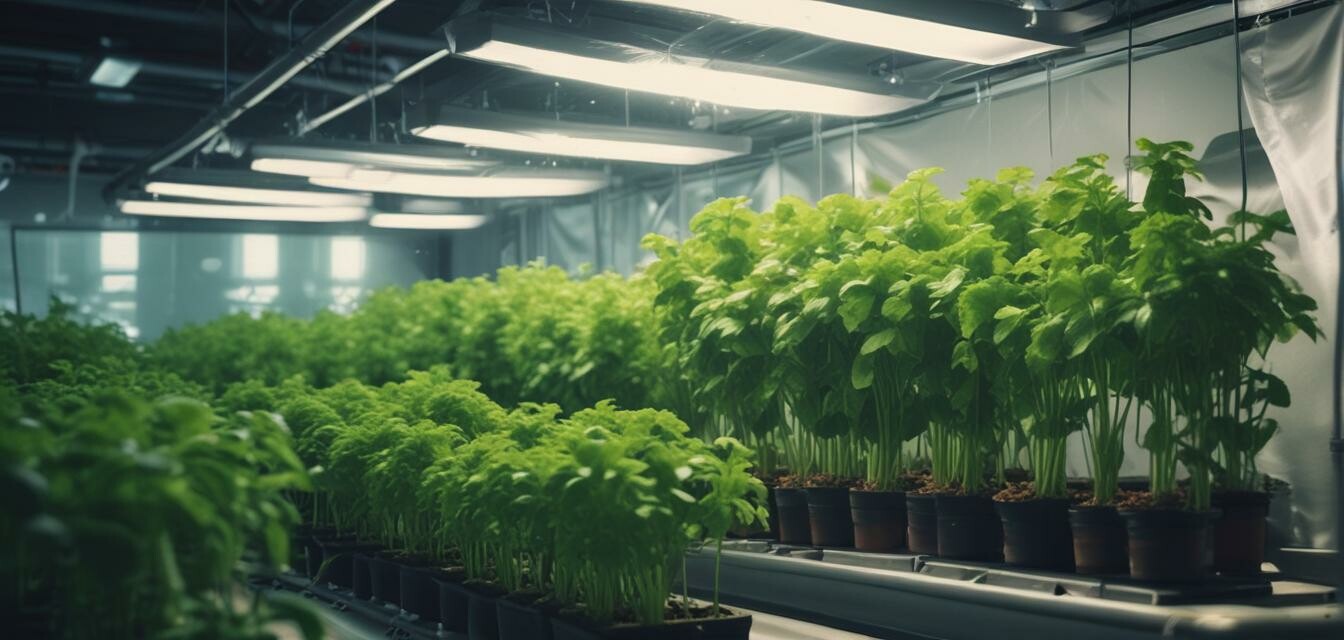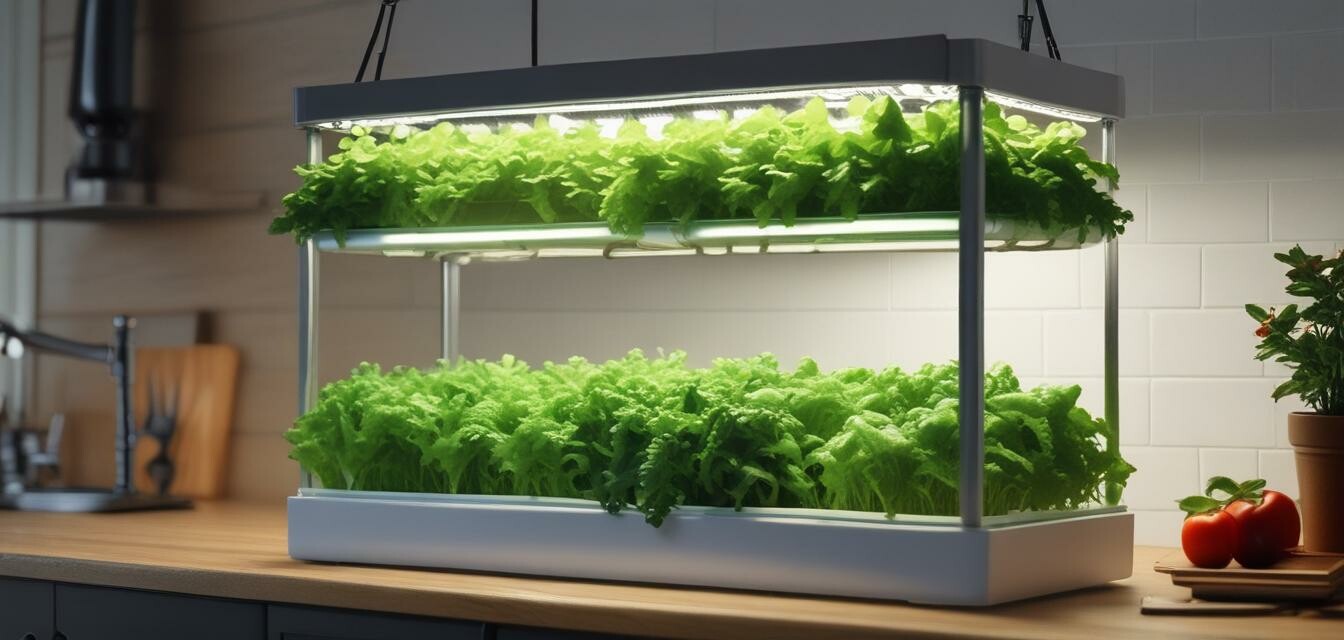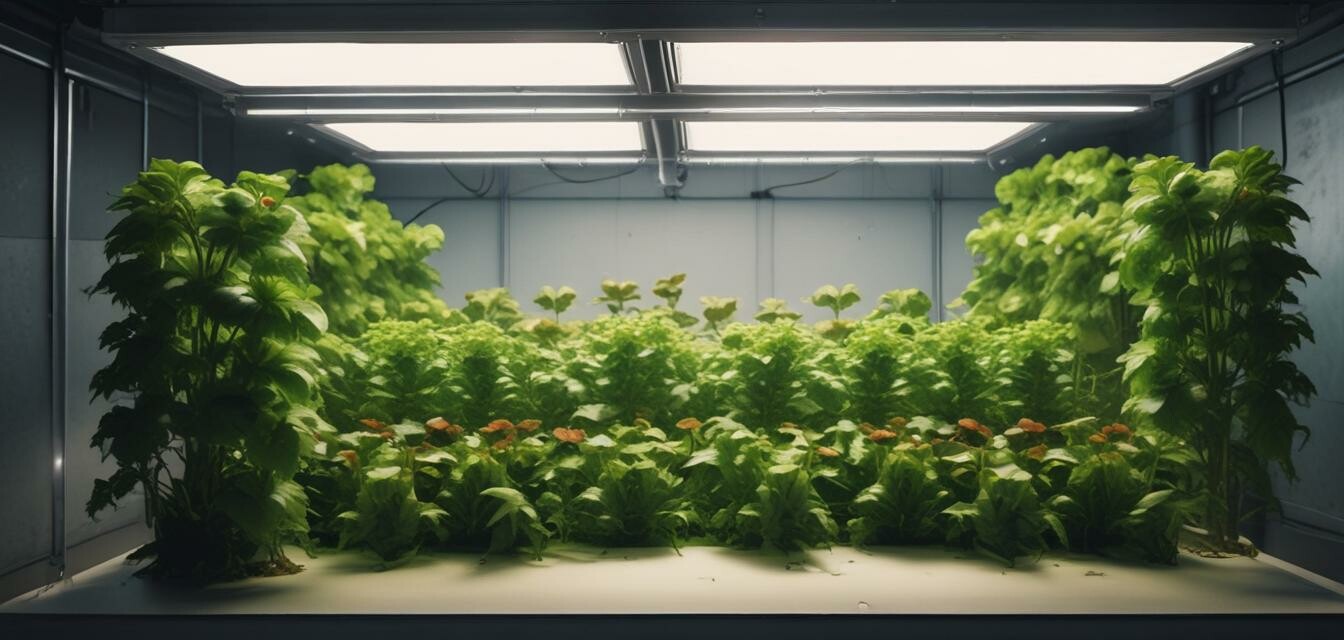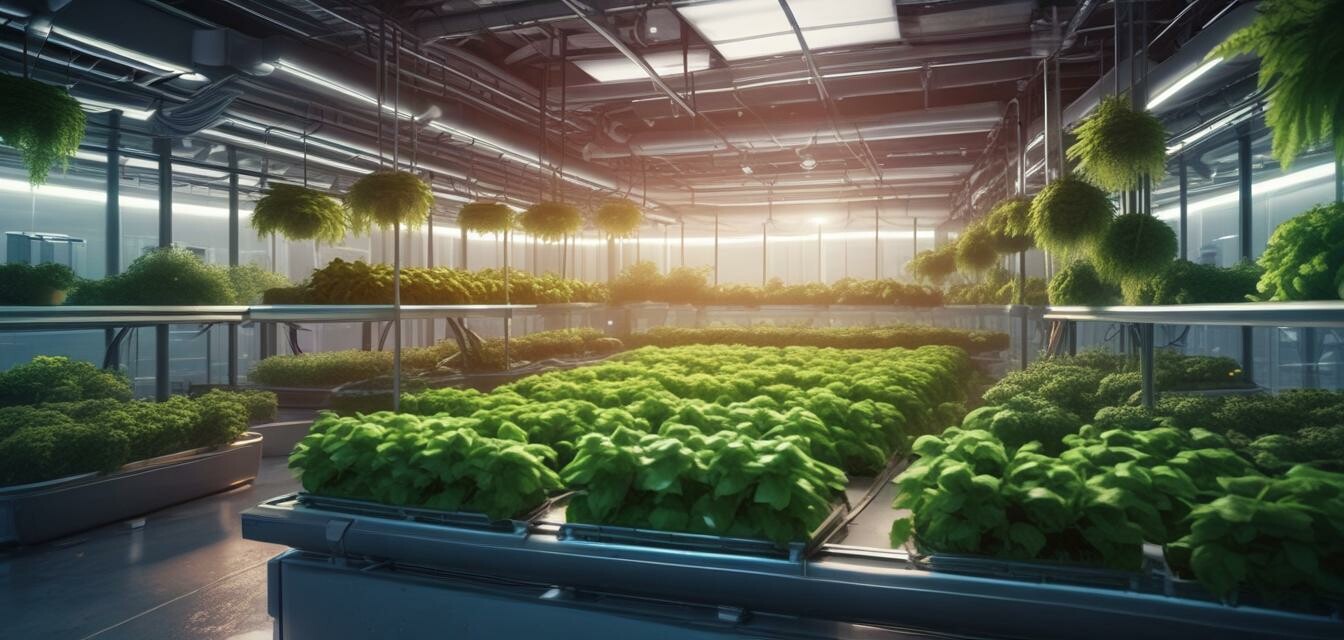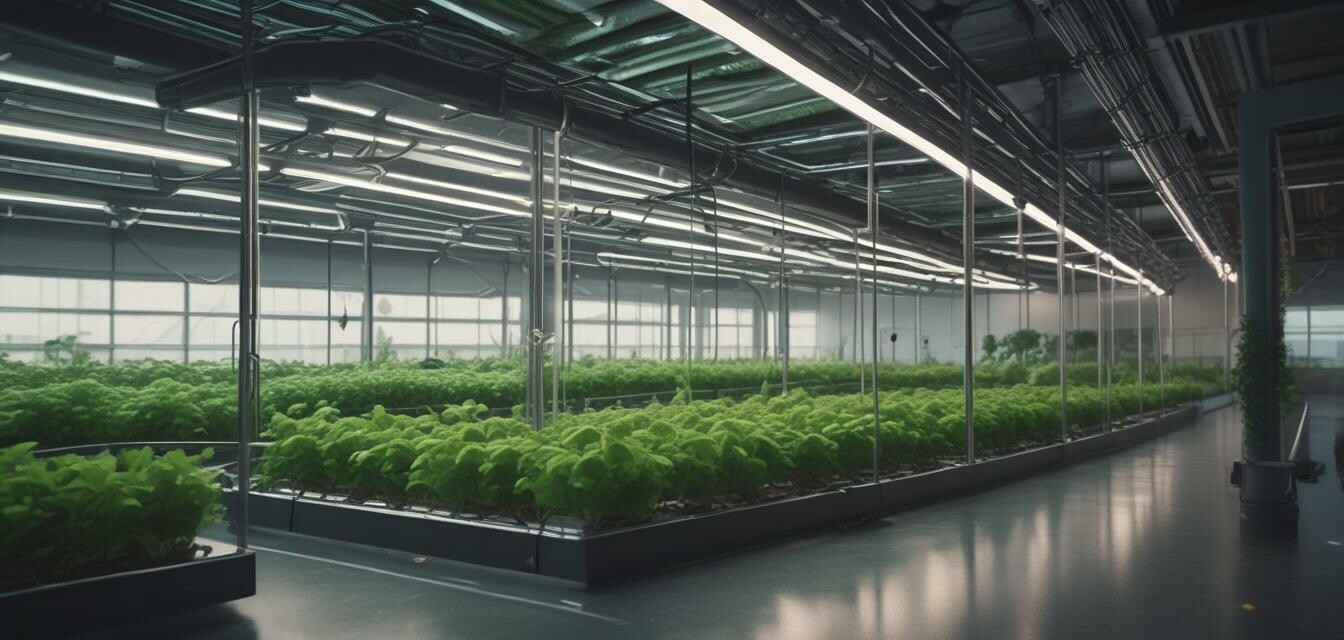
Hydroponic Systems: A Comprehensive Guide to Choosing the Right One
Hydroponic systems have revolutionized the way we grow plants, offering a soilless method that's efficient, productive, and fun. With so many options available, selecting the right hydroponic system for your space and needs can be overwhelming. In this article, we'll delve into the different types of hydroponic systems, their benefits, and factors to consider when making a decision.
Key Takeaways:
- Understand the different types of hydroponic systems, including NFT, DWC, Ebb and Flow, and Aeroponic systems.
- Consider factors such as space, budget, and plant type when choosing a hydroponic system.
- Look for systems with good water efficiency, durability, and ease of use.
Types of Hydroponic Systems
Hydroponic systems can be broadly classified into several categories, each with its own strengths and weaknesses. Here are some of the most popular types:
| Type | Description | Benefits | Drawbacks |
|---|---|---|---|
| NFT (Nutrient Film Technique) | A continuous flow of nutrient-rich solution is pumped through tubes, providing plants with a constant supply of nutrients. | Water-efficient, easy to set up, and suitable for large-scale operations. | Requires a lot of tubing and pumps, can be costly. |
| DWC (Deep Water Culture) | Plants are suspended above a nutrient-rich solution, with their roots submerged in the liquid. | Easy to set up, low maintenance, and suitable for small-scale operations. | Can be prone to root rot, limited scalability. |
| Ebb and Flow | A timer-controlled system that periodically floods and drains the growing medium with a nutrient-rich solution. | Flexible, easy to set up, and suitable for a variety of plants. | Can be prone to waterlogging, requires frequent monitoring. |
| Aeroponic | A misting system that provides plants with a constant supply of nutrient-rich solution. | Highly water-efficient, fast growth rates, and suitable for a variety of plants. | Requires frequent misting, can be prone to clogging. |
Factors to Consider When Choosing a Hydroponic System
When selecting a hydroponic system, it's essential to consider the following factors:
- Space: Consider the amount of space you have available for your hydroponic system. Compact systems like countertop hydroponic kits are ideal for small spaces.
- Budget: Hydroponic systems can range from affordable to very expensive. Set a budget and look for systems that fit within it.
- Plant Type: Different plants have different needs. Consider the type of plants you want to grow and choose a system that's suitable for them.
- Water Efficiency: Look for systems that conserve water and reduce waste.
- Durability: Choose a system that's built to last, with high-quality components and a durable design.
- Ease of Use: Consider a system that's easy to set up, maintain, and monitor.
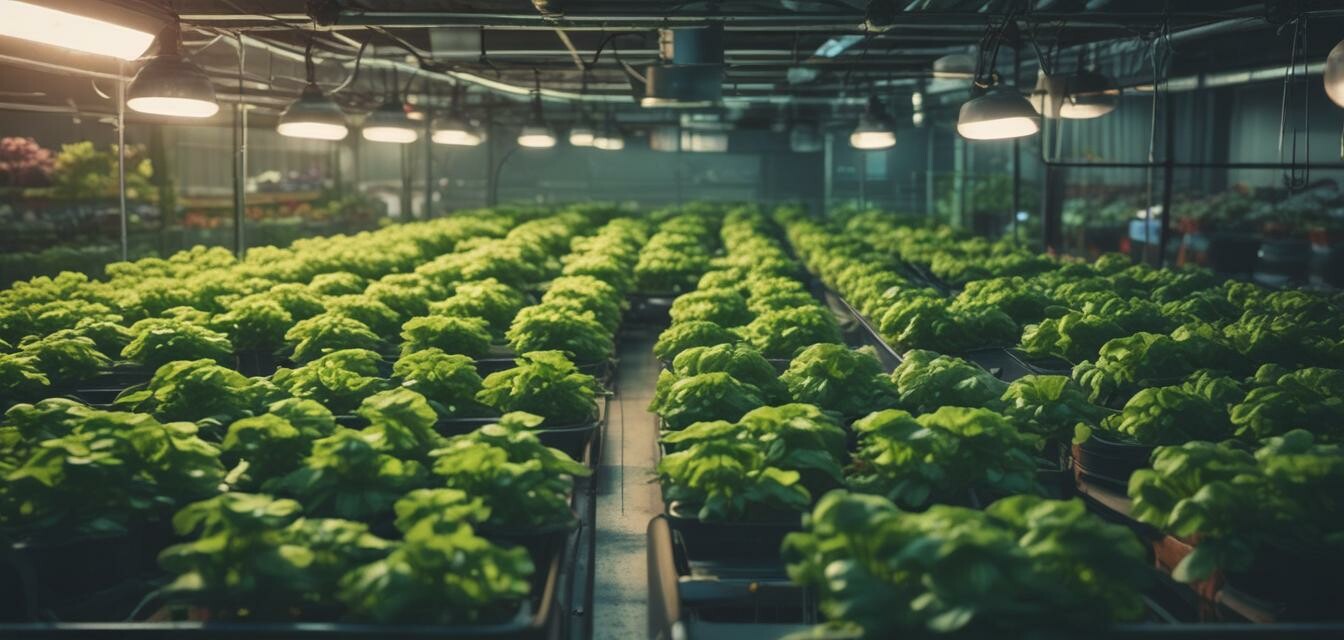
Tips for Beginners
Getting Started with Hydroponics
- Start small and experiment with different systems and techniques.
- Research and understand the specific needs of the plants you want to grow.
- Join online communities and forums to connect with other hydroponic enthusiasts.
Pros
- Increased crop yields and faster growth rates.
- Water conservation and reduced waste.
- Flexibility and customization options.
Cons
- Higher initial investment compared to traditional gardening.
- Requires frequent monitoring and maintenance.
- Can be prone to system failures and crop losses.
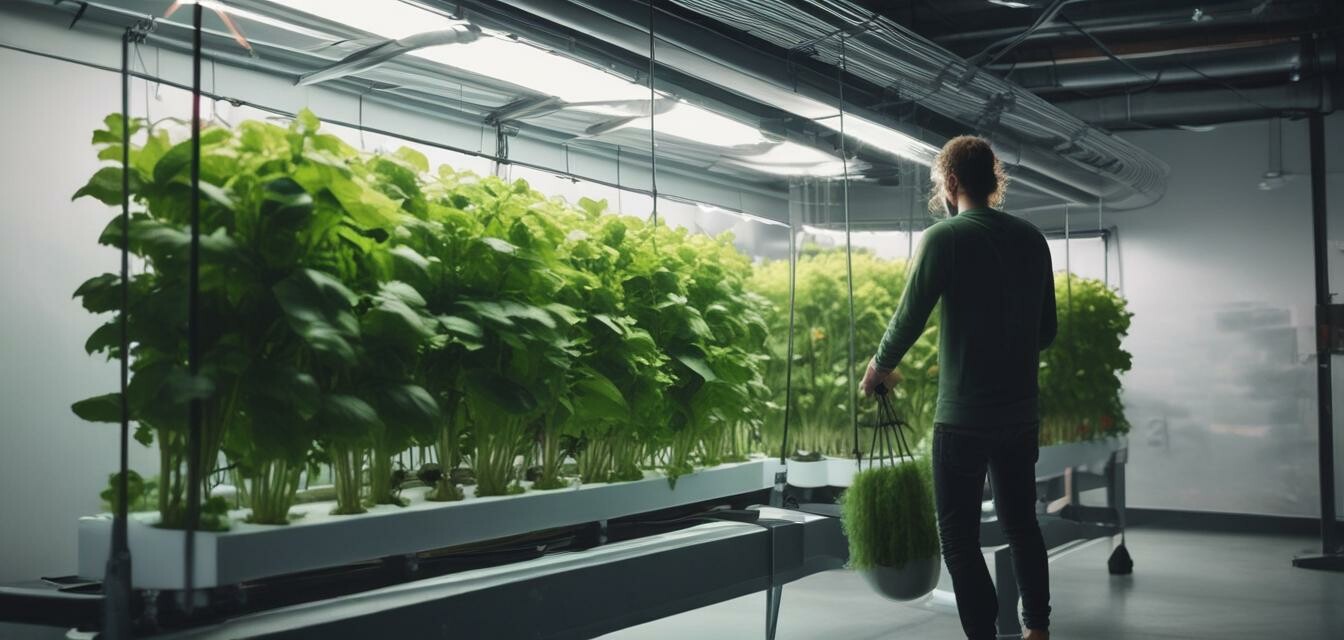
Conclusion
Hydroponic systems offer a promising solution for urban gardeners, apartment dwellers, and home growers. By understanding the different types of hydroponic systems and factors to consider when choosing one, you can create a thriving and productive indoor garden. Remember to start small, research thoroughly, and join online communities to connect with other hydroponic enthusiasts.
